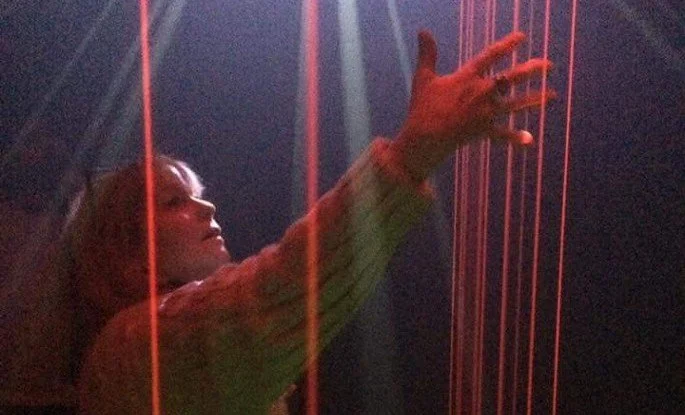Instead - we let it go.
If you think about it, the idea of democracy is a political and societal practice of grace.
In democracies, we have theoretically agreed to hold space for differences and disagreements. You want your candidate to run government, I want mine. But because there are different choices, we can’t all have what we want. So, we have (in theory) agreed that we will vote and the majority will get what they want. Those who don’t get what they want agree (in theory) that they will wait until there is another opportunity to vote and maybe at that time, the outcome will be what they wanted. We have decided that there is no way that everyone can get what they want. It’s not possible. Not everyone will agree, or be the same, or want the same things. Democratic systems have made space for that disagreement and difference and have decided (at least at their inception) that it is better to have the freedom to disagree and to come up with a peaceable way to make choices than to be told what will happen with no voice and no opportunity for change. Democracy manages the conflict that is inevitable between people rather than suppressing differences because when differences and disagreements are suppressed, war breaks out.
(I keep saying in theory because we all know that no democracy functions just as it was intended when it was founded)
Grace is like that. There are things we don’t like about others. With grace, we don’t try to make everyone agree with our way of being. We don’t hold people hostage emotionally, or in any other way just because they have transgressed (in our definition of transgression). Instead, we let it go - that’s what forgiveness is. We don’t try to change others to make them like ourselves, or like an ideal that we believe in, but we live at peace with them (at a minimum) and maybe even love them as they are.
Even inside ourselves, grace lets us make space for the parts of us we don’t like and live with ourselves peacefully without an internal war of guilt or shame raging all the time.
Sure, sure there have to be SOME rules for society to co-exist. We can’t just all run around doing whatever, whenever. I need you to stop at a red light, so you don’t kill me, and I want you to get a ticket if you don’t. I want there to be legal consequences if you break into my house and steal things or hurt me or those I love. But these rules need to be decided together with grace. If you want consequence A and I want consequence B for the trespasser, how do we resolve it? Who gets to decide? Putting it to a vote to discover what seems best in the view of most people or voting-in people we trust to make the call are both democratic solutions that hold space for this difference of opinion.
Even inside myself, there is a part of me that wants to eat chocolate and binge watch all day. There is another part of me that wants to be healthy and strong and not have a stomachache. How do I decide which part gets her way? Most of us are democratic about it and we give both sides a chance to “rule.” We do a little chocolate eating and binge watching but we also eat some spinach and walk or go to the gym a little. We give grace to the chocolate eater inside us and grace to the healthy part of us and we live at peace with ourselves.
– At least in theory





